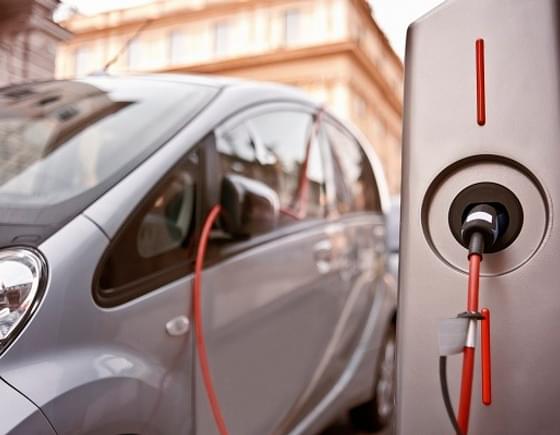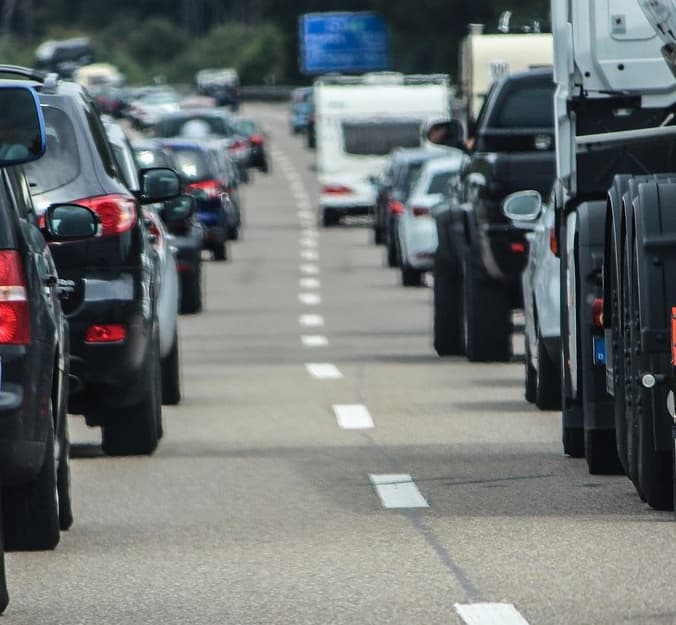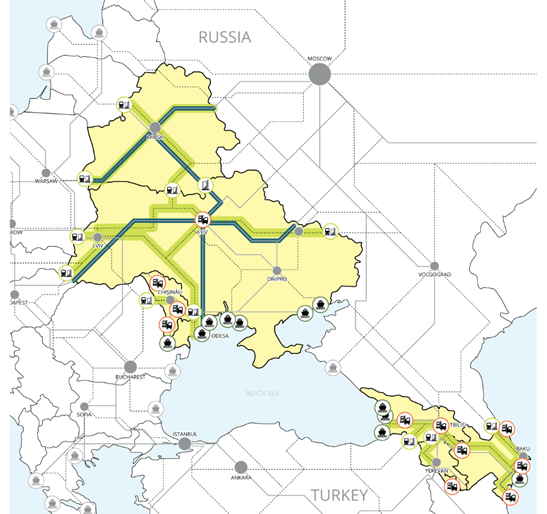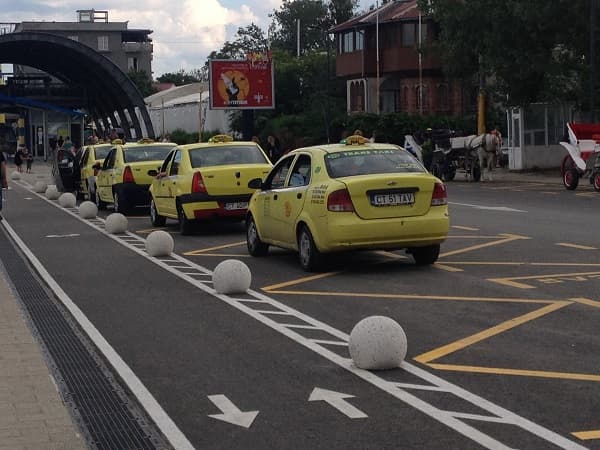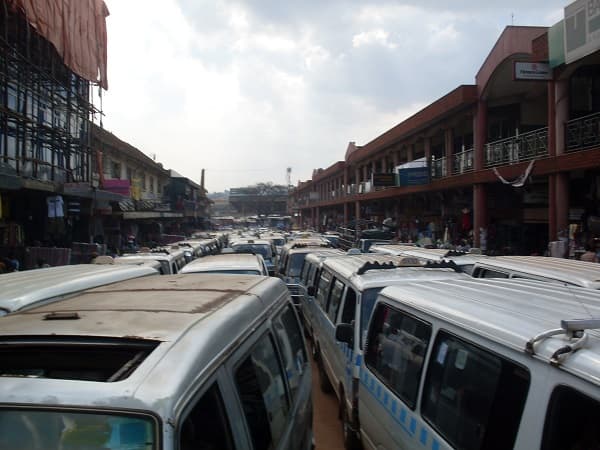Leicester Clean Air Zone
ITP has played a leading role in Leicester City Council's Government-mandated Clean Air Zone (CAZ) study since its inception in 2018. This study is driven by an air quality problem on certain areas of Leicester’s inner ring road, where there are persistent exceedances of legal NO2 concentration limit values.
Our role as lead technical advisor has included development, sifting and shortlisting of options, and coordination of outline business case development. This draws on extensive transport, emission and air quality modelling that is being undertaken to identify a preferred CAZ option. Our work builds on preceding commissions with the council to negotiate a short-term ‘clean bus’ agreement with operators, and feasibility studies looking at a range of measures focussing on taxis, goods vehicles, and private cars.
The study is due for completion in 2020, with an expected outcome of bringing about compliance a year earlier than currently predicted.

